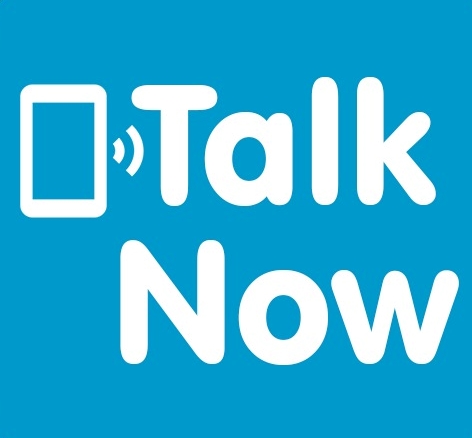ESL, TESOL, TESL, ESOL, and ELL are the various terms that are related to the English language and have different aspects to it. As learned in the previous post, the term ESL stands for English as a second language wherein there are specialized teachers who help the non-native speakers in learning English and become fluent in the same.
ESL is for people of all ages and levels wherein they get to learn about English Grammar, vocabulary, and pronunciation too. Apart from this they even teach the core key elements of learning the English language. The key elements and the building blocks of the language are Reading, Writing, Speaking, and Listening. The students of ESL also get to be confident while they speak English as a secondary language by communicating daily and comfortably with the people around them.
As of time since the ESL acronyms came into the picture, those acronyms have confused the readers and learners. There are a lot of state board universities and private industries or business that use such acronyms which usually describes the same type of instruction.

Photo by josephredfield on Pixabay
What is ESL learning and programs?
ESL is one of the various terms of the English language. The teachers of ESL help the students in learning English and becoming more fluent. This happens by breaking down concepts of subjects like History, Maths, Science, and many more. It gets easier for students to understand such concepts with ease and comfort. The chances are high for such programs to be conducted in English-speaking countries so that the students get the best experience in learning the language right from the base and achieving fluency in it. ESL programs are designed for students right from pre-kindergarten to high schools, from colleges to universities.
What is TESOL?
TESOL is another type among the various terms and it stands for Teaching English to Speakers of Other Languages. This includes teaching a foreign language (for eg: French) along with teaching English as a second language. This means teaching in a place wherein English is considered to be their primary language of conversation. The certificate of TESOL can meet the required criteria either for your college/university admission or for your job too. TESOL certification is required if you are pursuing teaching as a career option to becoming an EFL or an ESL instructor. The requirement of TESOL is needed if you want to teach online, in English language schools, or other institutes.

Photo by JESHOOTS-com on Pixabay
What is TESL?
Among the various terms, this is another type of it. TESL stands for Teaching English as a second language. TESL is similar to TEFL as the educators are prepared to teach the universal English language to non-English speakers. The intended teaching location is the only difference between the terms of TEFL and TESL. It will be an added advantage if you are a teacher who is looking to work in an English-speaking country like Canada, the United States, Australia, and the United Kingdom.
What is ESOL?
ESOL is one of the various terms that stands for English for Speakers of Other Languages. Regardless of the place you are living in, you will become an ESOL student if English is not your native language but you are beginning to learn English. Students of ESOL can totally have a different cultural and linguistics background. The people who stay in foreign countries, probably English-speaking countries can either be immigrants or students who might be taking higher educational courses, but normally those students will be termed as ESOL students. You can attempt an ESOL exam if you want to study abroad or work abroad.
What is ELL?
The term ELL stands for English Language Learner and is most commonly used in a few English-speaking countries like the United States and Canada. This term is used to describe an individual who is learning English and also has a native language that is not English. Especially in the United States, there are a few educational advocates who classify these types of students as emerging bilinguals or non-native English speakers.















